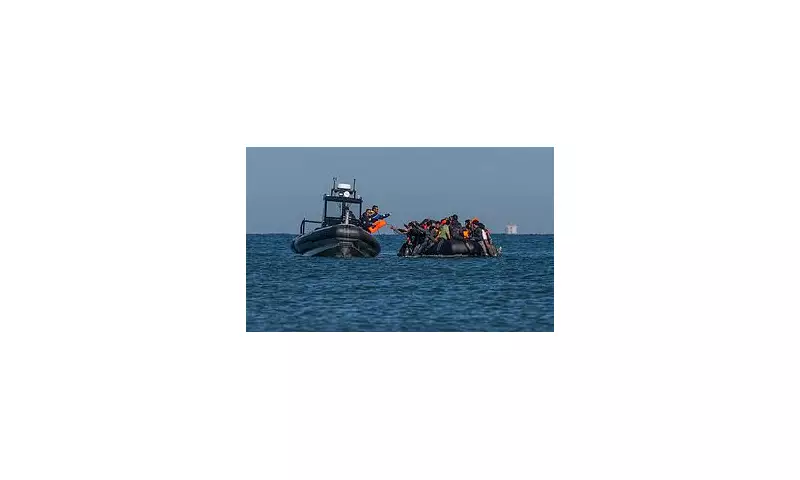
France's Drastic New Approach to Channel Crossings
French authorities are preparing to deploy massive 30-metre nets to ensnare migrant boats attempting to cross the English Channel, despite serious warnings that the tactic could lead to fatalities. This controversial measure comes as pressure mounts on Paris to address the escalating migrant crisis that has seen more than 39,000 people reach Britain in flimsy dinghies so far this year.
The Interception Strategy
According to multiple reports, specialist teams from France's maritime gendarmerie have already been equipped with what are being called 'arresting nets'. These devices are designed to expand across the water surface, clogging boat propellers and forcing vessels to stop. The nets form part of President Emmanuel Macron's government strategy announced earlier this summer to change maritime rules, allowing officers to intercept migrant vessels at sea.
Between five and six patrol teams are expected to operate along the northern French coastline, with each unit backed by a French Navy vessel ready to provide assistance if needed. Training documents from equipment suppliers claim the nets can 'neutralise' multiple boats simultaneously, either by blocking their engines or forcing them to change direction.
Safety Warnings and Internal Opposition
The plan has faced significant opposition from within France's own security apparatus. Rémi Vandeplanque, a French coastguard official from the Solidaires Douanes union, issued a stark warning about the potential consequences. 'There are usually at least 50 people on board, sometimes more. Whatever you do, you will create panic or distress, and one day there will be a disaster,' he stated, adding that 'there is no way to do it safely.'
Internal sources reveal that gendarmes are deeply uneasy about implementing the net strategy. One source indicated that police 'want guarantees' about legal protection, while another insisted that 'no magistrate will agree to give the police carte blanche.' The Solidaires Douanes union has branded the interception plans 'inhumane' and 'absurd' in a letter sent on September 30, warning they risk triggering shipwrecks that could lead to criminal prosecution of officers involved.
Mounting Pressure and Political Context
The controversial measure emerges against a backdrop of increasing pressure from the UK government for France to take more decisive action against Channel crossings. British funding for Channel security is due for renegotiation in March, with London reportedly demanding stronger enforcement at sea before releasing additional funds.
French officials indicate that so-called 'taxe boat' vessels will be the primary targets. These boats operate along the coastline, making multiple stops to collect migrants who wade into the surf to board, thereby avoiding police patrols on beaches. According to French data, more than 56% of arrivals in 2025 have travelled using this method.
The human cost of Channel crossings remains devastating, with French data confirming that twenty-six people have died attempting the crossing so far this year. Most fatalities occur close to the French shoreline, often resulting from drowning or suffocation aboard dangerously overcrowded vessels.
During a November 10 meeting of senior maritime officials, authorities agreed that interceptions would only be permitted if officers could first prove the boat wasn't a leisure or fishing vessel and appeared to be heading to collect migrants. Even with these precautions, officials acknowledge that any resulting deaths could still lead to prosecutions.





